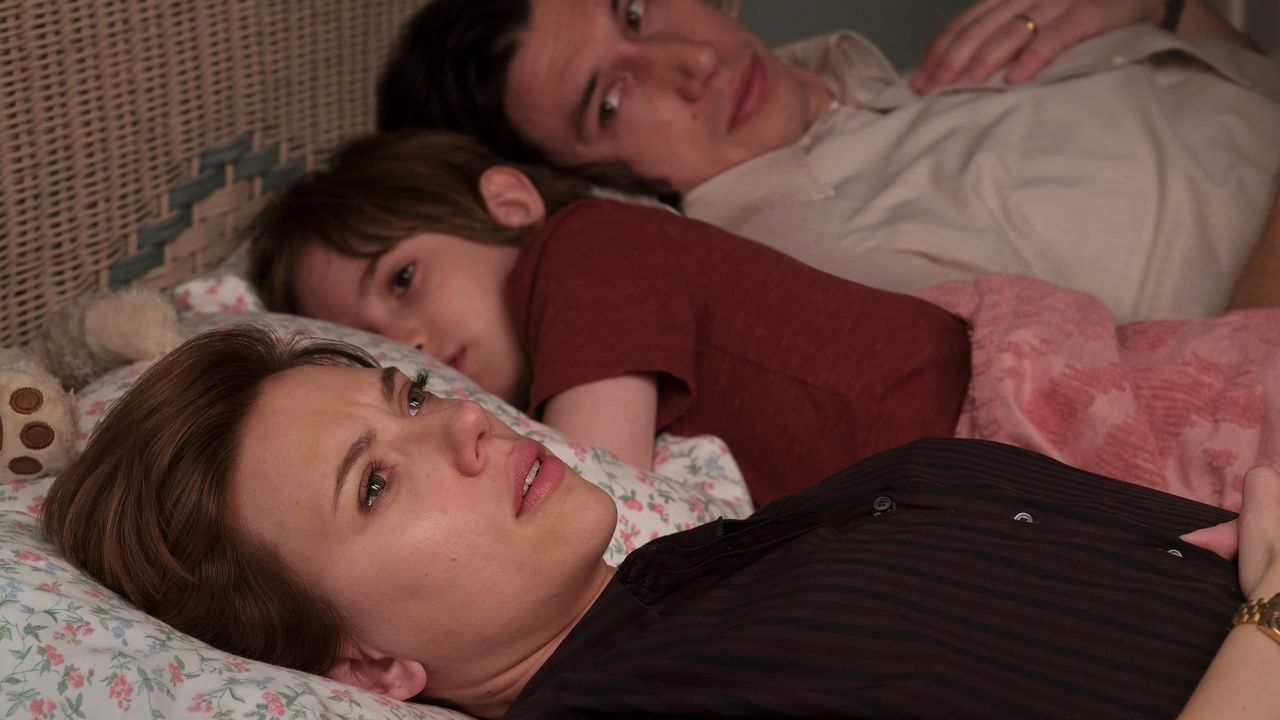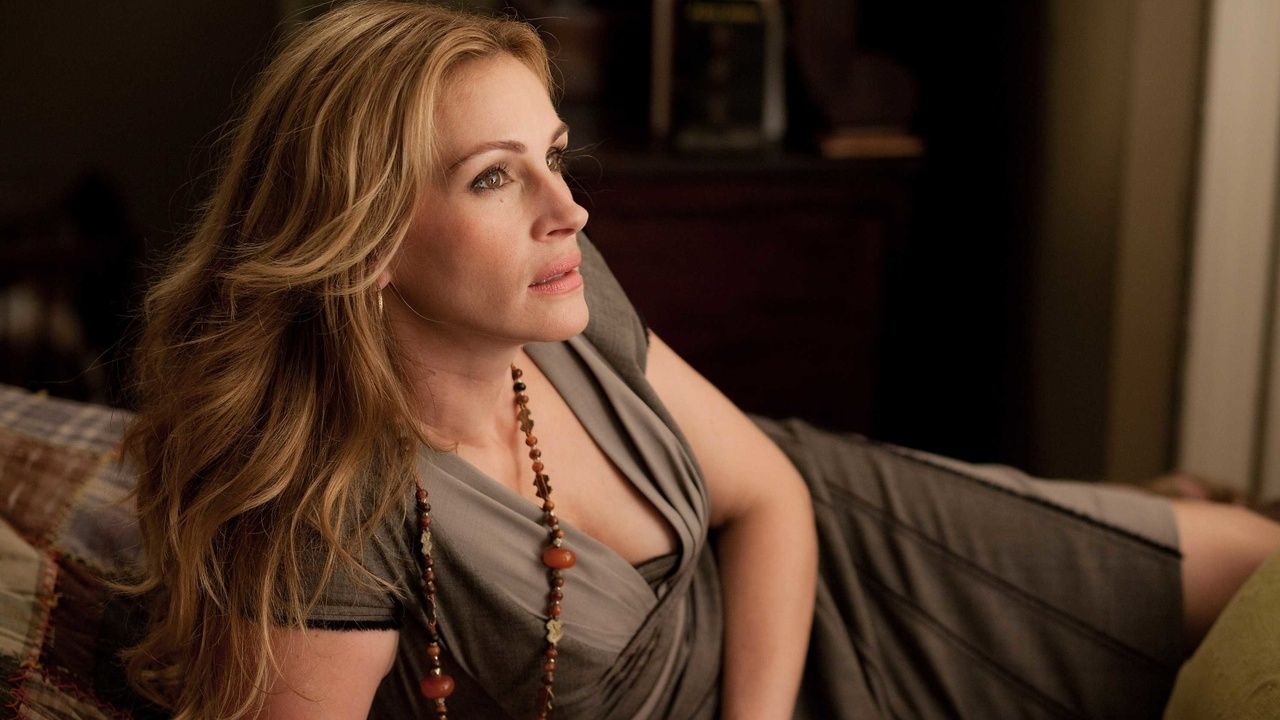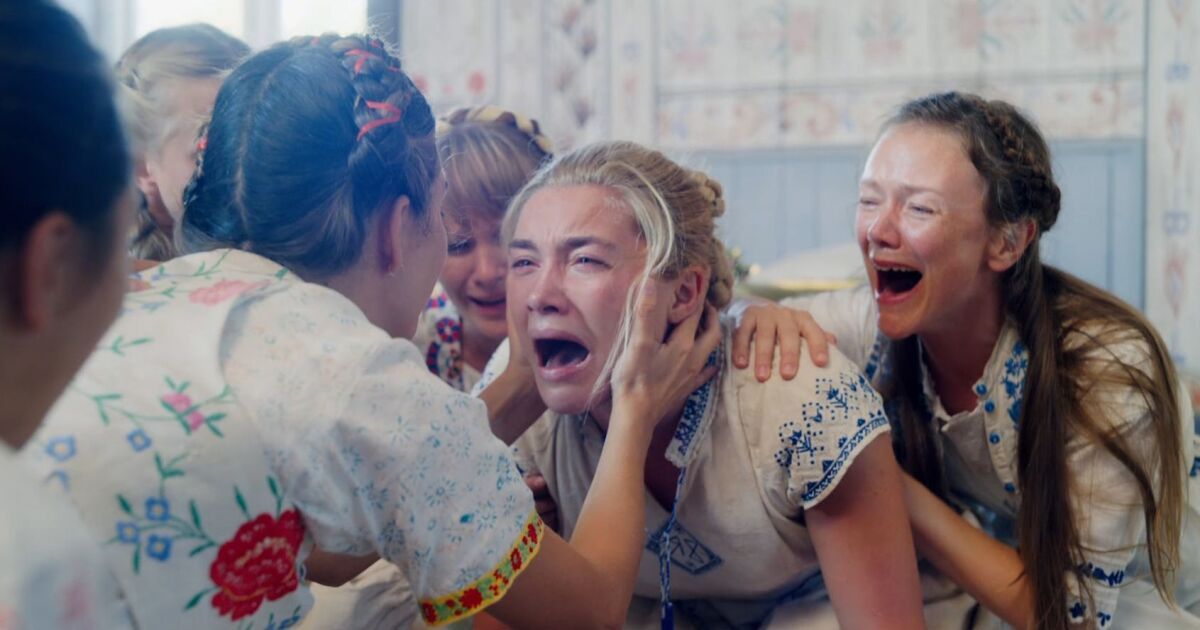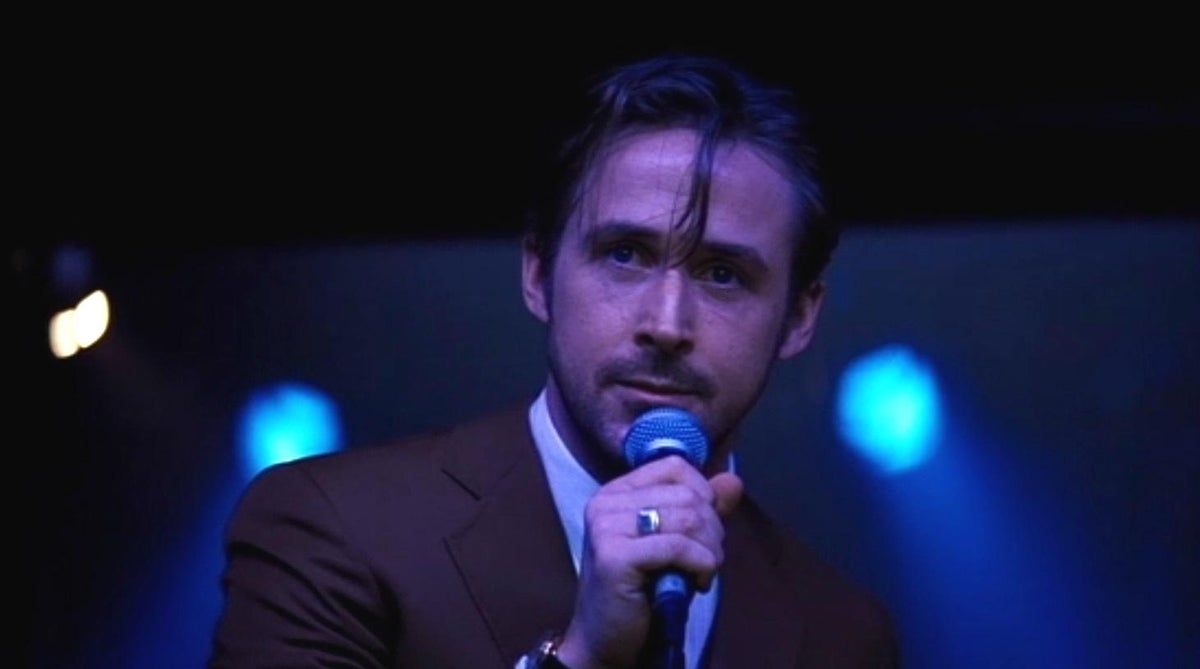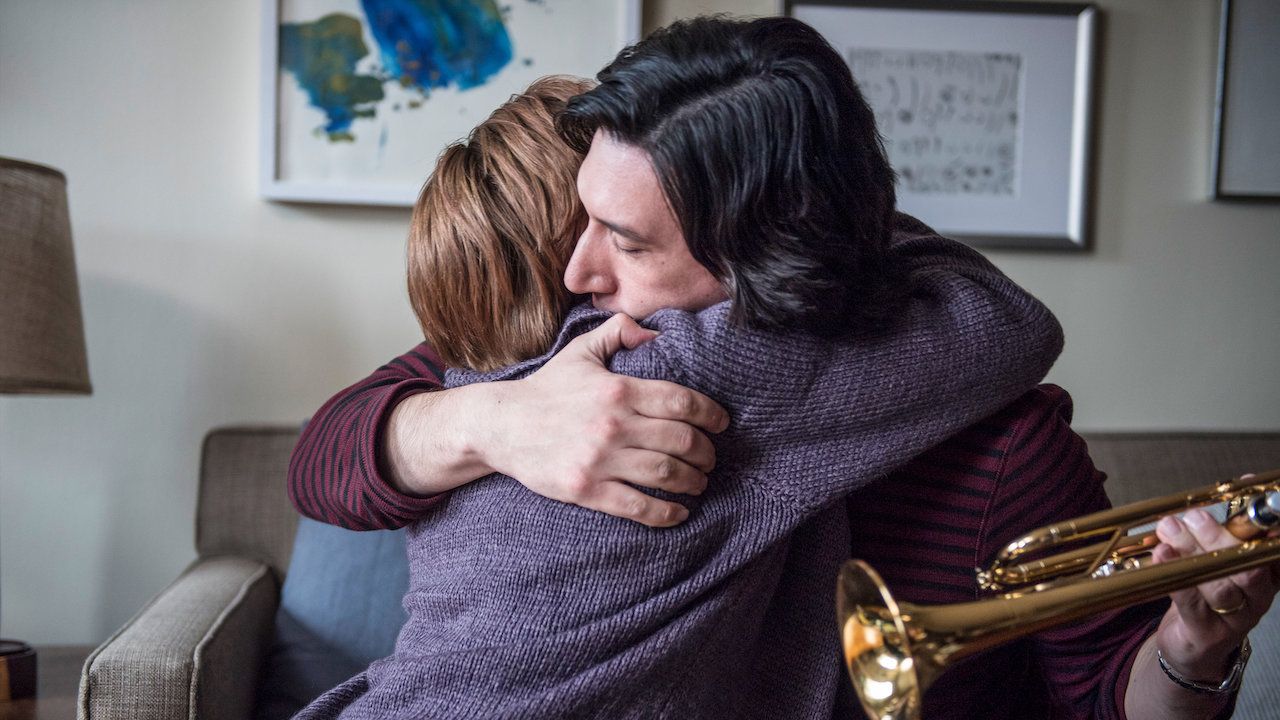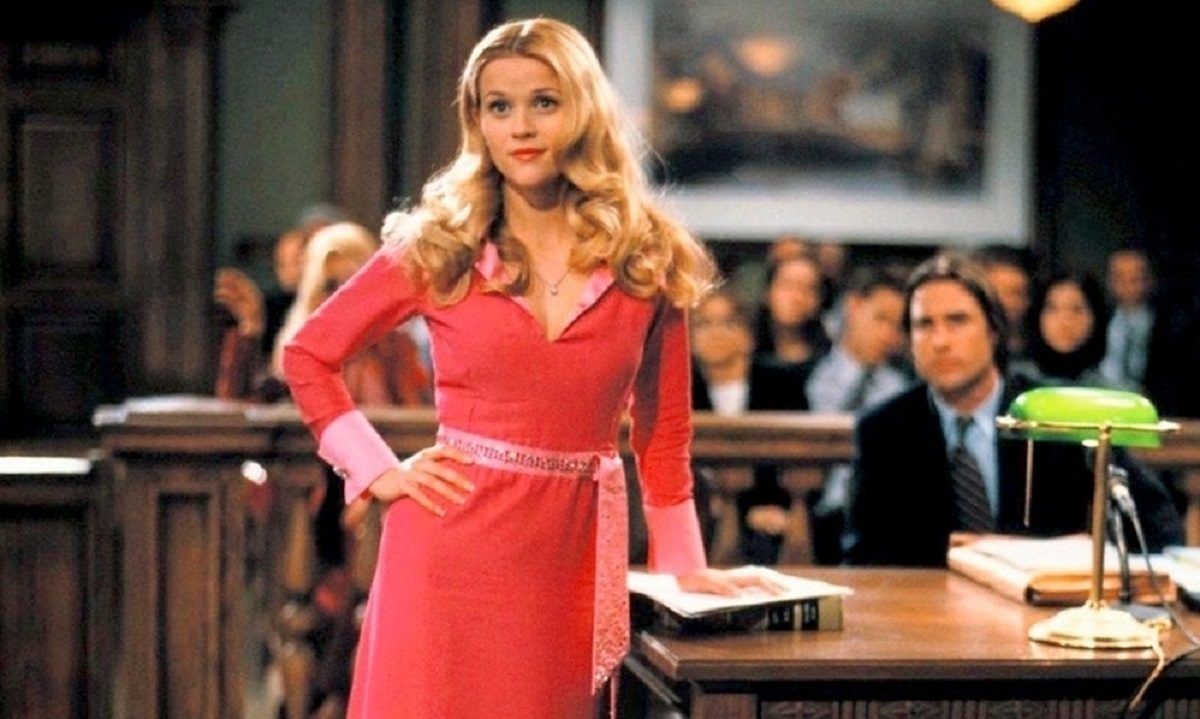Drop your shoulders, take a breath and relax - the nightmare is over; we’ve officially survived Valentine’s Day. Unfortunately, as it does every year, the grand romantic holiday inevitably caused many casualties, no doubt initiating spousal arguments, shakers of salt hurled at waiters, and maybe even the end of some relationships. Thankfully, for the heartbroken and inconsolable amongst us, there is a cure (though, unlike with the waiter, it doesn’t include a Band-Aid and a letter of resignation).
As per the notion of the “five stages of grief,” there are theoretically five distinct human emotions experienced following a traumatic event or period of loss: denial, anger, bargaining, depression, and acceptance. While there may not be any films to expedite this process, there are some that can help you cope with your emotions as you rediscover the path to emotional healing and relative normalcy. Here is a list of 'breaking up movies' which are recommended to help you work through these stages of growth.
5 Eat Pray Love (Denial)
While the concept of “denial” usually connotes the emotional response to grief, Eat Pray Love is unique in that by watching it, you become less “in denial” than its main character. According to various theories that involve big words like “postcolonial orientalism,” “Tourism and traveling [have] now been colonized by spiritual fantasy, where nature as well as technological detachment is romanticized.” In other words, when times get tough, Western people get tempted to pop off on a bit of a jaunt around less economically developed countries. What’s a better example of denial than jet-setting off to Southern Bali, 9000-odd miles away from the U.S., and watching the ice caps shrink as you pursue some spiritual and romantic enlightenment?
Starring Julia Roberts as the recent divorcee Elizabeth Gilbert (based on the original autobiography by the writer of the same name), the film depicts the highs and lows of stepping out of your comfort zone and away from the typical ideas of what a modern woman wants. As she travels around various new countries and adapts herself to the culture, she soon discovers sustenance in Rome, religion in India, and eventually romance in Indonesia, though admittedly at the cost of some air miles and the odd polar bear.
Eat Pray Love may not be lauded by critics; in fact, it is (justifiably) mostly condemned, if the film’s 36% score on Rotten Tomatoes is anything to go by, but the imagery and depiction makes a fun escape from the general pain and mundanity of a breakup, especially during the pandemic, without the literal and environmental costs of international travel. In other words, you’ll laugh, you’ll cry, and you’ll hanker for pasta, but you likely won’t be tempted to watch it again - the perfect conclusion to a film consumed during the end of a relationship.
4 Midsommar (Anger)
For anyone who had a former partner that was a condescending, emotionally unavailable slimeball with a chronic case of superiority complex, watching Midsommar is great because you get to envision yourself locking them in a big shed and setting them on fire. Sure, scenes from this film contain deeper cultural commentary, including the notion that if, by the end of the film, you’re happy that the female protagonist does in fact get to lock her lover in a big shed and set him on fire, you’ve fallen prey to the cult’s indoctrination - but, breakup movies should be an invitation to mindless film homicide and not a sally into critical film analysis.
Midsommar tells the story of Dani Ardor (Florence Pugh) following the unfortunate event of her sister's suicide and killing of their parents by intentional monoxide poisoning. In the midst of her grief, her cold boyfriend Christian (Jack Reynor) reveals that he and some of his academic friends have been invited to a midsummer celebration in rural Sweden that only happens every 90 years, an excursion that he would have told her about, if it weren’t for the fact that he had intended to break up with her prior to her family tragedy. Soon, much to Christian’s annoyance, the group and Dani find themselves traveling to the Swedish commune for the festival, where a myriad of strange events begin to occur.
As horror-inducing as the film is, Florence Pugh’s evil little childlike smile towards the end of the film is a perfect snapshot of the notion of “true” anger - uncensored, selfish, and unwaveringly evil. As the question of whom the real villain is amongst the couple begins to change, so does the perspective surrounding Christian, his friends, and the cult members (including the liberal usage of hallucinogens). Overall, there aren’t many female characters more subtly vengeful than Dani, and few breakup movies which explore anger better than Midsommar.
3 La La Land (Bargaining)
The relationship was always doomed… but it doesn’t have to be! Maybe if we coordinate our outfits into primary colors and do a little dance atop a mountain in Los Angeles, we’ll come to some kind of compromise surrounding our entire personhood, life goals, and relationship dynamics! That’s how adult relationships work, right?!
As charming and quaint as the film is, until the very definitive conclusion of Mia (Emma Stone) and Seb (Ryan Gosling)’s relationship, the vast majority of La La Land is a study in bargaining. As Mia attempts to fulfill her dreams of being an aspiring actress while working a series of menial jobs, and Seb is left unsatisfied by his work as a mainstream pianist at venues (longing for the opportunity to open up his own jazz club), the two young good-looking creatives who are incredibly unfriendly to strangers should fit together and create a storybook romance. Unfortunately, despite the couple’s consistent signs that they are fundamentally incompatible and require different things from a relationship, they keep trying to bludgeon their problems away with grand romantic gestures, bargaining their way into compromise again and again.
Thankfully, the end of this breakup movie offers more than a mere “Happily Ever After,” but the couple’s modern manifestation of star-crossed lovers is helpful in initiating the deeply cathartic act of screaming into your hands about how you know their relationship won’t work out. After all, you’re in La La Land if you think otherwise.
2 Marriage Story (Depression)
If there’s one thing guaranteed to make you feel better, it’s to watch the suffering of those in a worse position. And how many times is it socially acceptable to participate in a little malicious schadenfreude? Not nearly enough; your opportunities are usually resigned to familial deaths, long-term breakups, and the occasional tax compliance check. So, make the most of it, down a pint of something cold, and count your blessings that you’re not trapped in a custody battle with Adam Driver playing your emotional “man child” ex-husband.
Marriage Story, directed by Noah Baumbach and released in 2019, follows the narrative of a young couple in the midst of a divorce, mirrored closely to Baumbach’s own experience of the divorce process. Towards the beginning, Charlie (Adam Driver) and Nicole Barber (Scarlet Johansson) make the truly original decision to agree to an amicable divorce, only to get pulled into the unforeseen complications of avaricious lawyers and the need to be perceived as the “better” parent in a custody battle. It is within this break-up conflict that some of the more emotionally grueling, depressing scenes appear.
There is screaming, crying, accusations of cheating, confessions of cheating, and long monologues that could, in essence, be shortened to, “You ruined my fun young adulthood!” From this, however, come more poignant lines about the state and subsequent failure of modern romantic relationships, exemplified by the quote, “It’s not as simple as not being in love anymore.” While neither of the characters in this breakup movie as especially likable, in part due to their actions and the resultant effects of their difficult situation, Marriage Story remains an accurate testament to the pain, suffering, and defensiveness involved in a breakup; a key message to keep in mind when you inevitably debate returning to your ex-partner.
1 Legally Blonde (Acceptance)
Are you finished with your depression era? Are your roommates threatening to kick you out after three months of crying into your snot-stained pajamas and lying around on the floor? Don’t worry, because Legally Blonde will get you out of their, tempting you to move to Massachusetts, kickstart your ritzy legal career, and shove your head in a textbook better than any guidance counselor ever did.
Originally released in 2001 and starring an all-star cast of Reese Witherspoon, Luke Wilson, Selma Blair, and Victor Garber, Legally Blonde is strangely one of the most empowering films created in the last twenty years, breakup movie or otherwise. As it stands, Elle Woods (Reese Witherspoon) is a beautiful, glamorous but underestimated sorority girl, who exemplifies every element of the “Southern California girly-girl” trope. Her equally pretty Ken Doll of a boyfriend with the whitest name in the world, Warner Huntington III (Matthew Davis), decides not to propose and instead intends to break up with her and pursue someone “more serious” during his time at Harvard Law School. After this realization, Elle hatches a plan to take her LSATs, get accepted into the same law degree, and prove herself to be “a Jackie” as well as “a Marilyn.”
The film contains some typical markers of an “outsider” comedy, including Elle being forced to deal with stuffy preps who don’t value her flamboyant style, extracurricular hobbies (as the president of her sorority and Miss June in the campus calendar) or general outspokenness. However, Elle is never forced to dull herself down in order to appeal to the notion of what a “proper lawyer” or “proper woman” should look like, going so far as to appear in court wearing a bright pink dress and four-inch heels. Whether you’re a Jackie, a Marilyn, a Jack, or a Martin, everyone needs a little blind empowerment now and then. Breaking up doesn't have to stay hard to do, with a little acceptance and some help from these five breakup movies.

